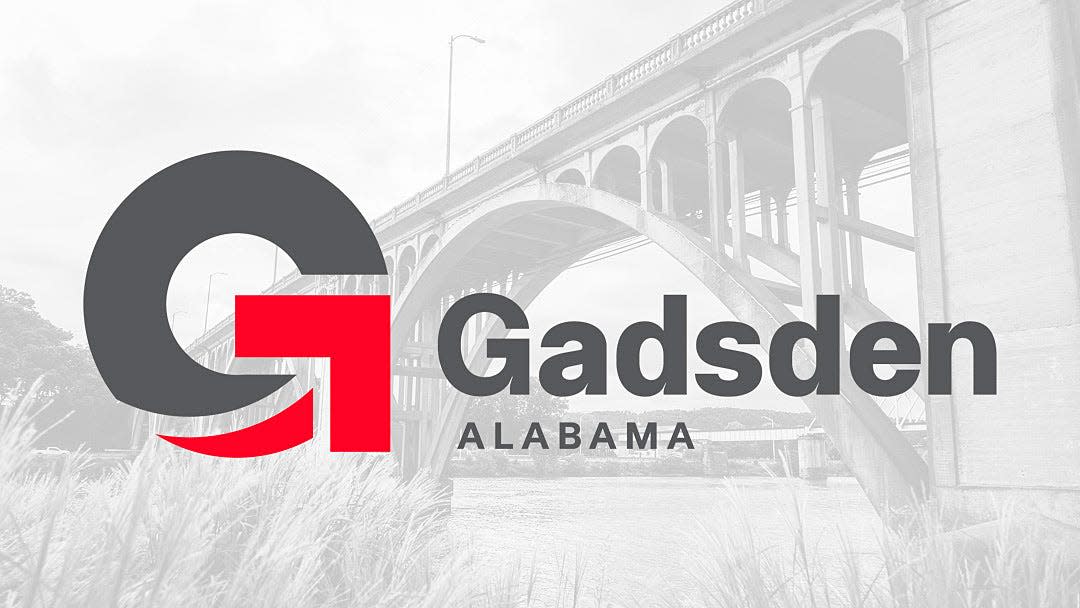Gadsden must refund more than $1.5 million to GRMC, seeks clarification of state law

The Gadsden City Council on Tuesday officially sent an SOS to the county’s legislative delegation and others over a situation that will cost the city more than $1.5 million and recently cost Etowah County more than $400,000 in sales tax refunds to Gadsden Regional Medical Center.
The council passed a resolution calling on legislators, the Alabama League of Municipalities, the Alabama Association of School Boards and the Association of County Commissions of Alabama to join forces to seek clarification of Section 40-9-30 of the state code.
It subsequently approved the transfer of $753,678.04 from the city’s undesignated fund balance for an initial refund payment to GRMC, with another payment to be made in December, making the total refund for $1,507,356.08. The hospital sought reimbursement for sales taxes it paid on durable medical goods between 2016 and 2020, which it was entitled to an exemption for.
Section 40-9-30 reflects Act 2014-453, a bill passed by the Legislature in 2014. It exempts durable medical equipment and items like catheters and supplies, ostomy bags and supplies, oxygen and related supplies, prosthetic and orthotic devices and specialized wound care products from state, county and municipal sales, use and rental and leasing taxes, if they are covered by and billed to a health insurance provider or Medicaid or Medicare.
The ambiguity in the part about coverage and billing is the problem.
A Norcross, Georgia, firm, Agile Consulting Group, which advertises itself as “sales tax consultants ... dedicated to protecting our customers from overspending,” explains it this way on its website: Insurers do not directly acquire the covered items used by patients; hospital and surgical centers do and are reimbursed. There’s no clarity on whether that arrangement would invalidate the exemption, and no clear guidance on the documentation that a provider would need to entitle them to acquire the covered items in a tax-exempt fashion.
Agile on its website says it initiated a dialogue with the Alabama Department of Revenue in 2018 for guidance on the issue, began seeking refunds for its clients the following year and to date has garnered $1.18 million for them. (A GRMC spokesman in an email to The Times said the hospital had no connection with the company.)
“The statute is poorly written,” City Attorney Lee Roberts said, “and in tax law, when the taxing statute is ambiguous, it’s interpreted in favor of the taxpayer, in this case the hospital.”
Providers are seeking refunds over a 36-month lookback period, and according to the council’s resolution municipalities will be “financially crippled if further claims are made and exemptions filed to create a dual impact of demanding one-time refunds and decreasing sales, use, rental, and lease tax revenue from applicable medical equipment.”
The resolution said council members “denounce and decry the realized effect of Act 2014-453 upon the operations, budgets, and revenue streams of our municipality and that of all cities and counties throughout Alabama.”
Brett Johnson, Mayor Craig Ford’s chief of staff, said the impact has been felt “from Florence to Dothan, and in between.”
Roberts said the city wants the Legislature to “go back and clean up the statute so cities, school boards and counties can make their budgets knowing what kind of money is going to come in and not have to look at paying $1.5 million three years later,” and see if the 2014 law is actually saving patients money, as it was intended to.
He said notation on the original legislation said the impact would be no more than $450,000, “but that has proven not to be true.
He credited Ford and Johnson for “getting a better deal than most,” as the city won’t owe interest and can make the refund to the hospital in two payments.
GRMC in an email to The Times said, “We are careful stewards of resources so we can sustain access to clinical services for the community, including our most vulnerable citizens. Last year alone we provided medical care for which we were uncompensated (totaling) more than $165 million. And our hospital paid $11.8 million in property, (gross receipts taxes) and sales taxes on non-medical items in 2022.
“From 2017 to 2019, the city erred in charging the hospital sales taxes (which the hospital paid) on medical devices that were exempt from sales tax under Alabama law,” the statement said. “We appreciate the council's vote to remedy this historical error.”
The Etowah County Commission last month issued a similar refund of $411,332.34 to GRMC, and county officials cited the impact that would have on revenue for education, law enforcement and other entities that benefit from sales taxes.
It’s going to be a financial hit in Gadsden as well. Ford said not only is the city’s emergency fund reduced, there will be cuts in the Fiscal Year 2024 budget currently being prepared to cover the remaining tax installment, although the goal will be to “spread the pain out for everyone.”
Council member Jason Wilson called the situation “incredibly disappointing and short-sighted" on GRMC’s part, as the hospital has always been “a partner and an ally” to the city, and said it left a bad taste in his mouth.
He accused the hospital of trying to “have its cake and eat it too” by touting its financial impact with the community, then working behind the scenes “with big fat cat attorneys in big cities” to recoup sales tax money that is needed for education, infrastructure and public services. And he decried “some of the wealthiest, most profitable businesses in America” trying to get out of paying the sales taxes that “every other person in this room has to pay ... on everything they have to buy every day,” as health care costs “continue to go through the roof.”
This article originally appeared on The Gadsden Times: Gadsden must refund more than $1.5 million in sales taxes to hospital

